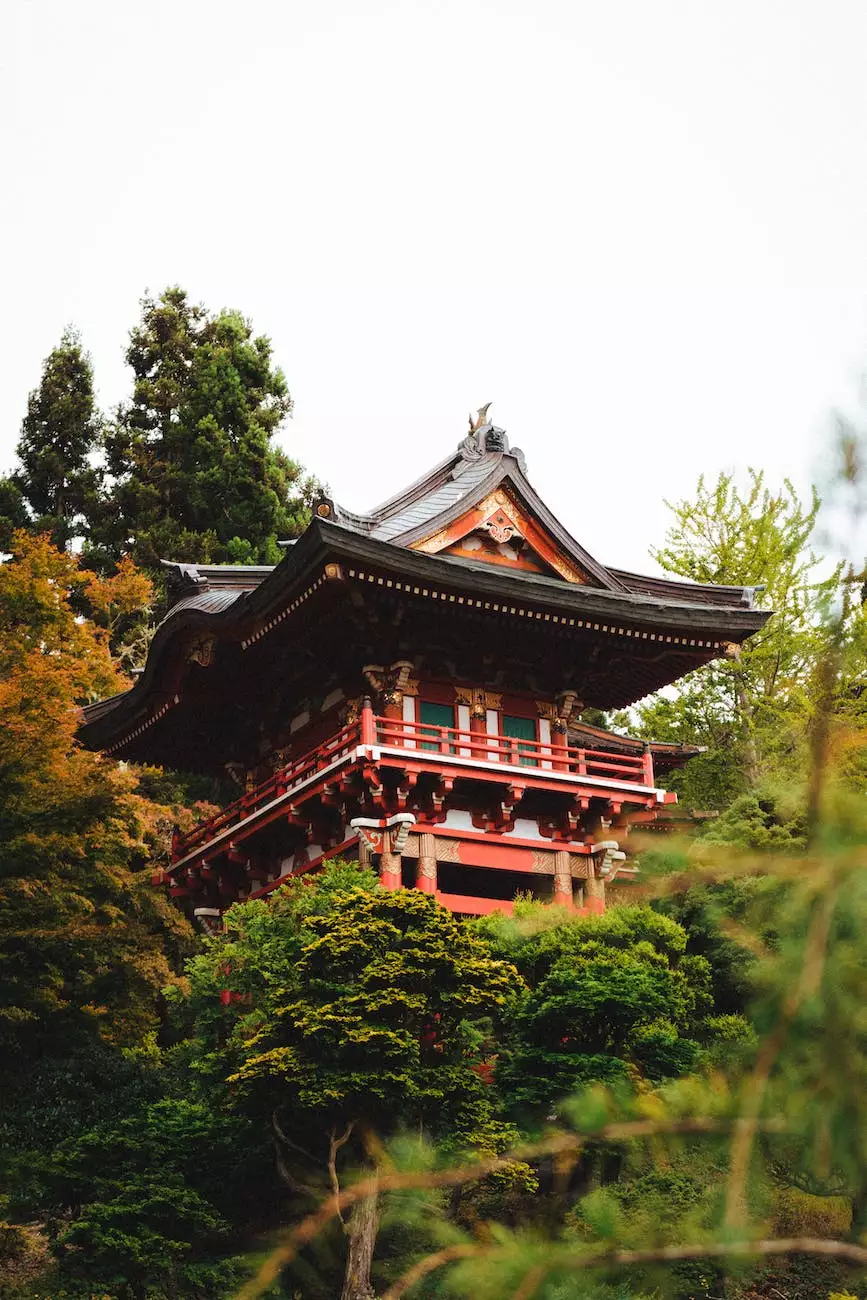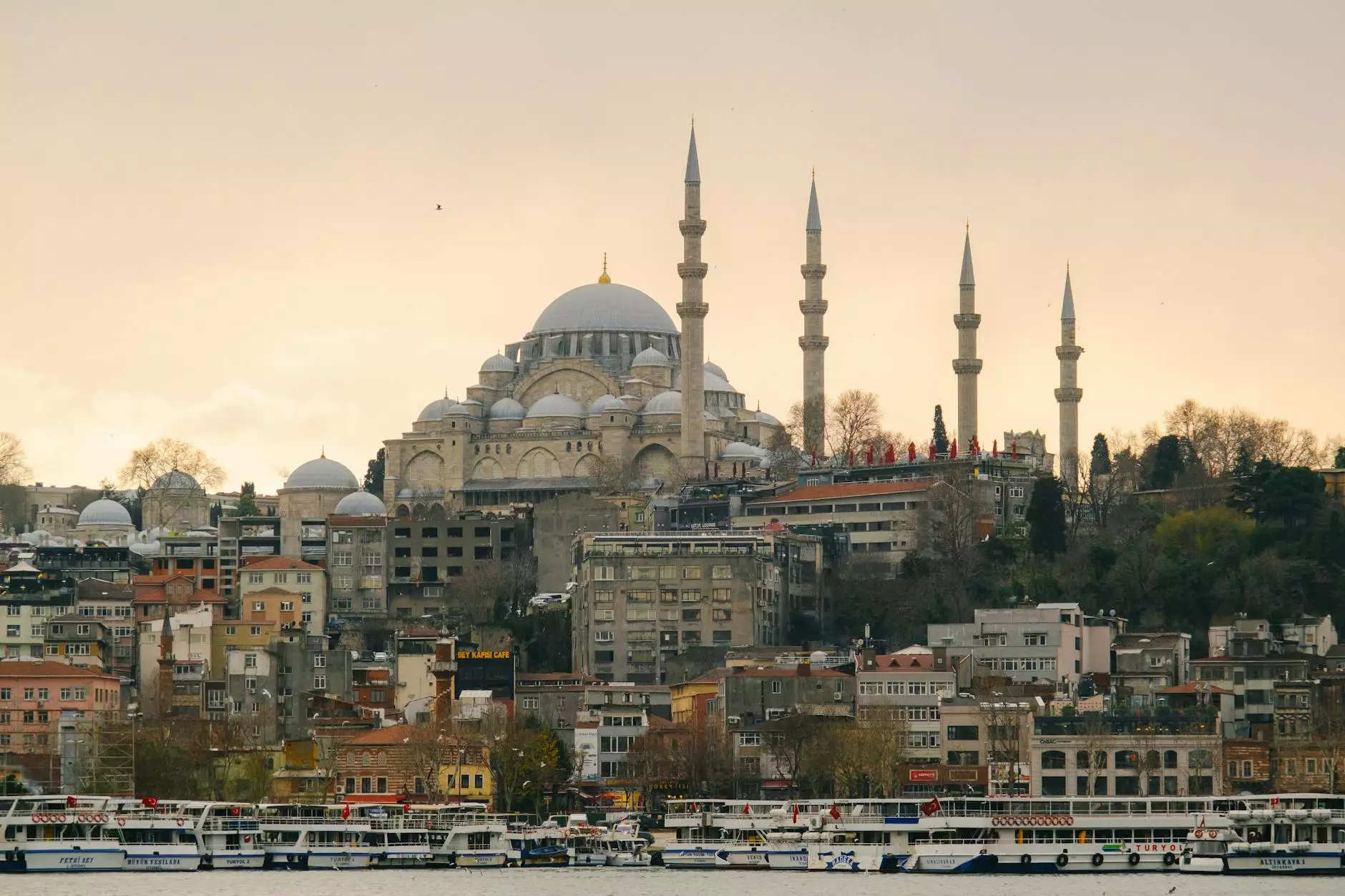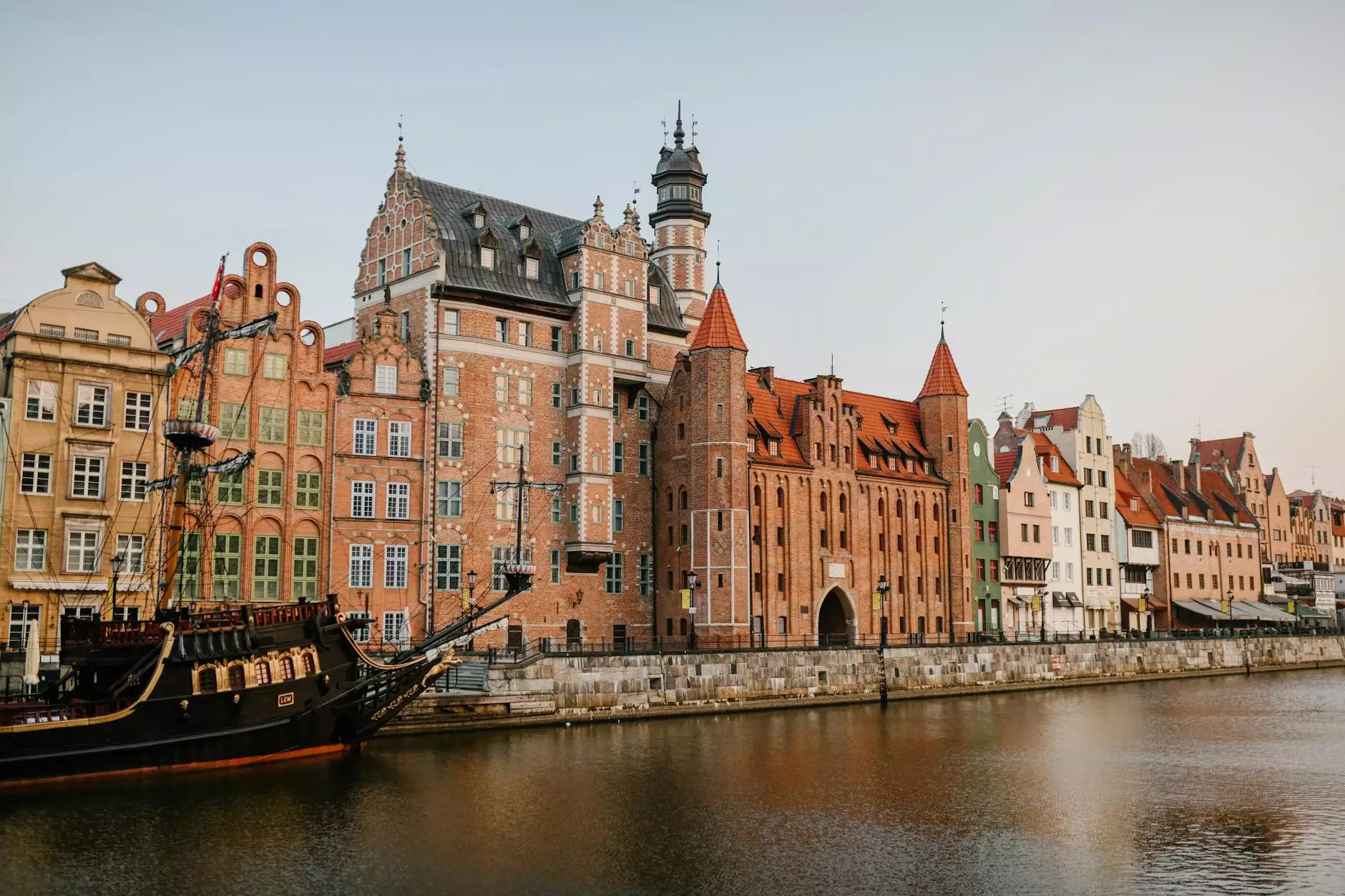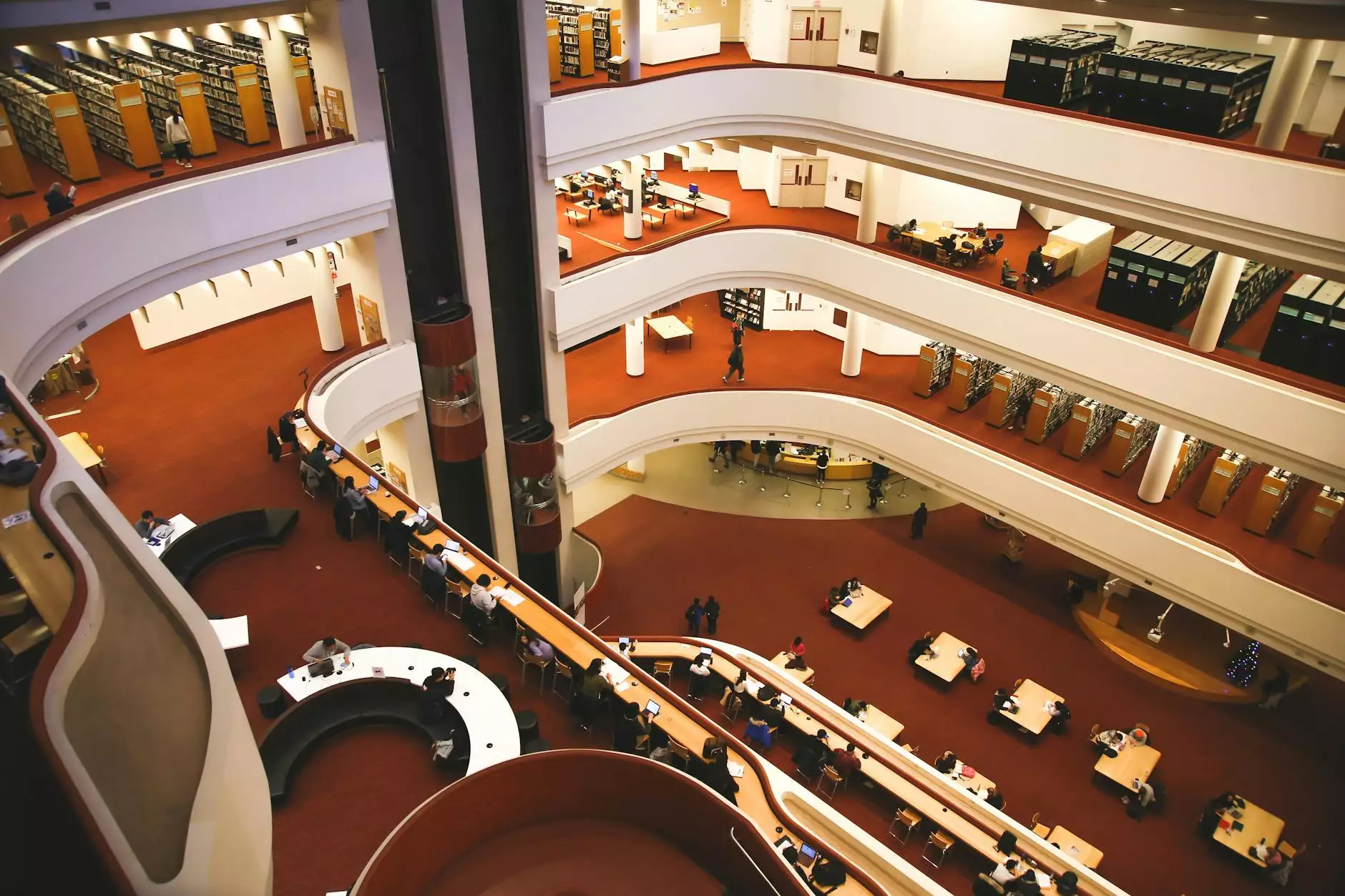Racism, Internment, and Assimilation: Being Japanese American in California

Welcome to La Historia Society's exploration of the experiences of Japanese Americans in California. In this comprehensive piece, we delve into the historical context, analyzing the impact of racism, internment, and assimilation on this vibrant community. Our goal is to provide a detailed account that sheds light on the struggles, resilience, and contributions of Japanese Americans, within the broader framework of American society.
The Historical Context
At the turn of the 20th century, Japanese immigrants arrived on the shores of California, seeking better economic opportunities and the pursuit of the American Dream. However, their arrival was met with deep-rooted racism and xenophobia from existing residents, fueled by fears of job competition and cultural differences. The resultant discrimination and segregation had far-reaching consequences.
By the 1920s, anti-Japanese sentiments escalated, leading to legislative measures aimed at limiting Japanese land ownership and curtailing their economic success. The infamous Alien Land Laws of California were a prime example of such discriminatory practices, designed to keep Japanese farmers and entrepreneurs from thriving in the state.
The Internment Experience
One of the darkest chapters in the history of Japanese Americans in California was the internment period during World War II. Fueled by wartime hysteria and unsubstantiated fears of espionage, the United States government forcibly relocated over 120,000 Japanese Americans, the majority of whom were U.S. citizens, to internment camps.
These camps were characterized by harsh living conditions, severe overcrowding, and the deprivation of basic human rights. Families were uprooted from their homes, businesses were left behind, and the community's collective sense of belonging shattered. The psychological and emotional toll on Japanese Americans was immeasurable.
The Aftermath: Rebuilding and Resilience
After the war, Japanese Americans faced the enormous challenge of rebuilding their lives, both individually and as a community. Assimilation became a necessity, as the desire to integrate into American society and overcome the specter of racism grew stronger. Despite immense hardships, Japanese Americans showed remarkable resilience and determination.
Through education, entrepreneurship, and grassroots advocacy, Japanese Americans slowly began to rebuild their lives and make significant contributions to the fabric of California society. Today, their legacy is visible in various fields, including business, arts, academia, and politics.
La Historia Society: Preserving and Promoting Cultural Heritage
At La Historia Society, we are committed to preserving and promoting the cultural heritage of the Japanese American community in California. By delving into the history of racism, internment, and assimilation, we aim to shed light on the struggles and achievements of this resilient community.
Our organization strives to provide a platform for voices often unheard, encouraging dialogue and understanding between different communities. Through exhibits, educational programs, and community engagement, we aim to foster greater appreciation for the experiences and contributions of Japanese Americans.
Join Us in Celebrating Diversity
We invite you to join us in celebrating the rich diversity of California's communities. La Historia Society welcomes individuals of all backgrounds to explore and learn about different cultures, fostering an inclusive and united society.
In Conclusion
Racism, internment, and assimilation have deeply impacted the lives of Japanese Americans in California. Through this detailed exploration, La Historia Society sheds light on the challenges faced by this community, highlighting their resilience and contributions to American society. By fostering a deeper understanding, we hope to move towards a future free from prejudice and discrimination.










